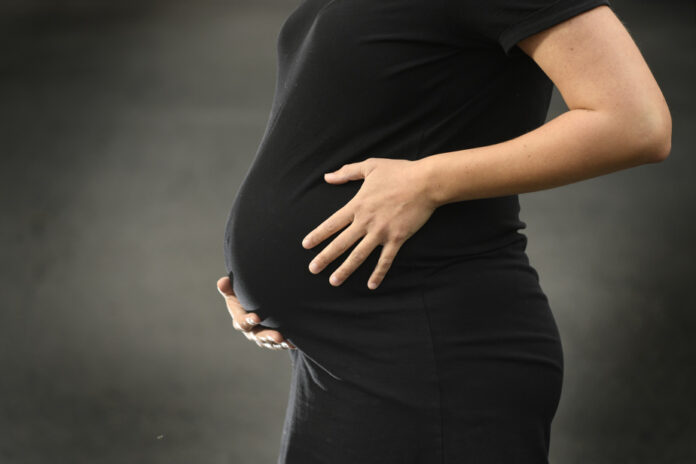“My mom was ironing clothes when she said to me, ‘I have to tell you something.’ »
Andréane Letendre was 12 years old. What her mother was about to tell her was that she had been conceived with a donation of gametes.
“I didn’t take it very well,” she said in an interview.
Today the mother of two children, she still does not know her biological origins.
The hearings, in recent weeks, on the bill on the rights of surrogate mothers and children resulting from a pregnancy plan for others have therefore personally challenged her, because it includes a section on the right to knowledge of origins.
Ms. Letendre is the only third-party born person to have presented a brief to the National Assembly during the hearings for this Bill 12 (no surrogate children and no surrogates submitted one).
The bill provides that the name of the parent must be transmitted to his descendants. The donor may still refuse to contact his descendant and this wish must be respected, failing which the applicant will be exposed to punitive damages.
The bill also says that “it is up to the parent of the child to inform him that he is the product of procreation involving the contribution of a third party”.
But “no recourse will be possible for a child to whom the parents have not revealed the truth about his origins”, observes Ms. Letendre, who recalls that in her case, the secret was kept for 12 years, and that her parents could have never said anything.
Will the current generation that uses donated gametes or surrogacy be more open with their children?
Ms. Letendre recalls that the Charter of Human Rights and Freedoms was amended in 2022 to include the right of everyone to know their origins.
Furthermore, continues Ms. Letendre, at the present time, anonymity remains offered to gamete donors in Canada, as is the case with the gamete banks in the United States which may be used by intended parents. here.
The anonymity of gamete donations was also at the heart of the news in 2020, when children resulting from sperm donations demanded better supervision of fertility clinics and the end of donor anonymity. They pleaded in the case of Norman Barwin, the Ottawa doctor who deceived his patients by using his own sperm for the conception of 16 children and who, for 75 others, did not use the sperm of the intended donor.
If the government really intends to give everyone the right to know their origins, “clinics should be required to keep and transmit the information they already hold to the registry that will be created,” says Ms. Letendre.
When it comes to designing with third-party input, however, they “have the most information about designs that have taken place in the past.” Access to this information is still denied to us, as it is part of our parents’ medical records.”
As it stands, the intentions of the bill are laudable, believes Ms. Letendre, who nevertheless believes that in reality, “we will not have more access to our files”.
Ms. Letendre is also in favor of the possibility for donors, provided for in the bill, to refuse to come into contact with the person born of their gametes. What she would like – like other people in her situation of her acquaintance, she says – is “information and not a relationship”.
That said, Ms. Letendre believes the donor should know how many offspring have been born. Because the idea of meeting three people does not have the same scope as agreeing to meet a very large number of them.
“After donor identification, this is one of the most important pieces of information that we would like to have for obvious reasons,” Ms. Letendre argued in her brief.
Finally, it should be noted that the bill provides that a child resulting from a parental project involving the use of the reproductive material of a third party “cannot claim filiation with respect to the third party who provided his reproductive material to the purposes of the project. Similarly, the latter cannot claim parentage to the child”.


















